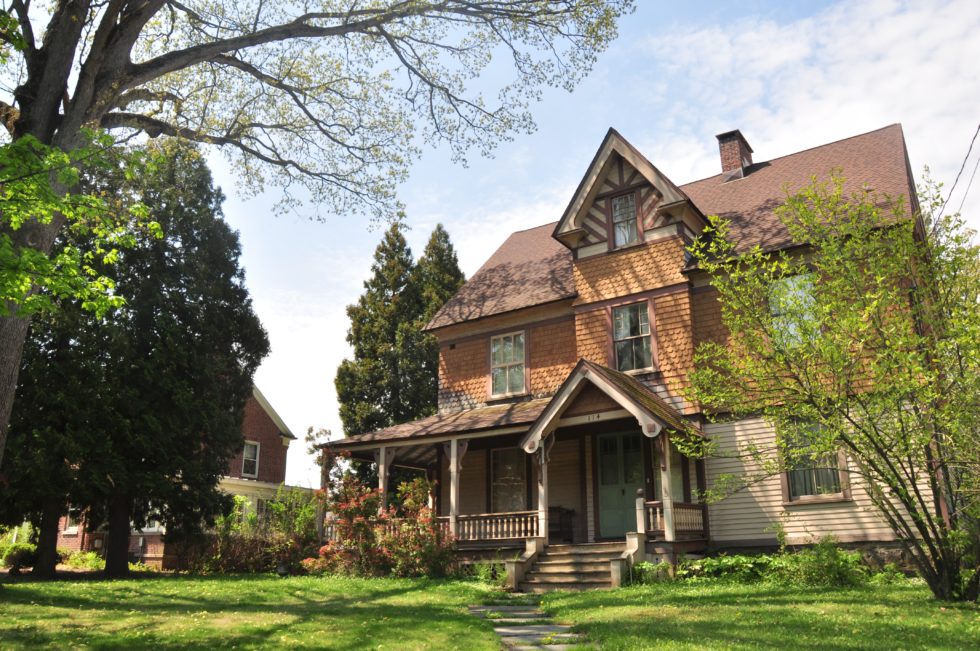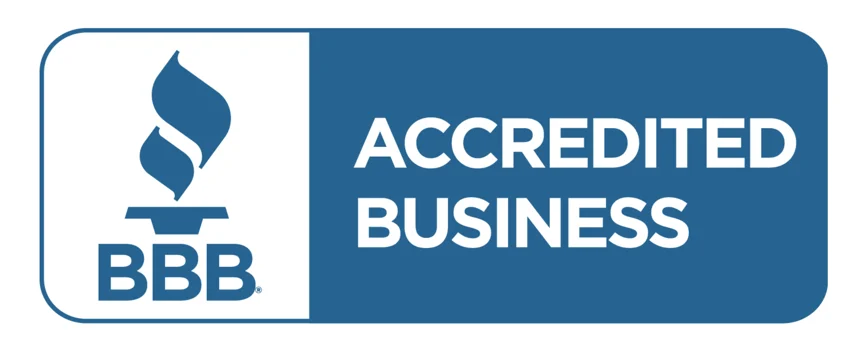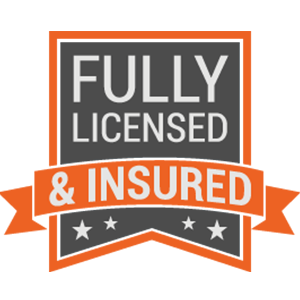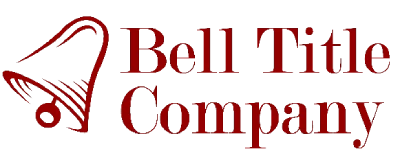If you’re wondering about selling a house with a mortgage, you’re not alone. In fact, most homeowners still owe money on their homes when they decide to sell. Whether you’re moving for work, upgrading to a new home, or dealing with life changes, it’s completely possible to sell—even if you haven’t paid off your mortgage.
The key is knowing what to expect, what steps to take, and how to make the process as smooth as possible. This guide walks you through everything in a clear, simple way.
1. Can You Sell a House Before It’s Paid Off?
Yes, you can sell your house before it’s fully paid off—even if you’re still making mortgage payments.
Yes—you absolutely can. Selling a house with an outstanding mortgage is very common. You don’t need to wait until your loan is fully paid before putting your home on the market.
Here’s how it works:
- When you sell the home, part of the sale proceeds are used to pay off your remaining loan balance.
- After that, any money left over is yours to keep (minus other selling costs).
Your mortgage company will usually provide a payoff amount—this is the exact total needed to pay off your loan in full, including any interest up to your closing date.
2. What Happens to Your Mortgage When You Sell?
If you have more than one loan, like a second mortgage or HELOC, this article explains what you need to know when selling.
At closing, your home’s buyer will pay the agreed purchase price. The title company or attorney handling the sale will then:
- Use those funds to pay off your mortgage
- Pay any remaining closing costs (agent fees, taxes, etc.)
- Send you the remaining balance—your profit!
If your home sells for more than what you owe, you walk away with equity. If your home sells for less than what you owe, that’s called being “underwater” or “upside-down,” and you’ll need to consider a short sale or pay the difference at closing.

3. How to Calculate What You’ll Walk Away With
Before you list your home or accept an offer, it’s essential to understand what you’ll actually earn from the sale. Selling a house with a mortgage doesn’t mean you’ll walk away empty-handed—but your profit depends on a few key numbers.
Here’s how to calculate your net proceeds, also known as what you’ll walk away with after everything is paid:
Basic Formula:
Estimated Sale Price
− Mortgage Payoff Balance
− Selling Costs (typically 8%–10%)
= Net Proceeds (Your Profit)
You can get a more accurate estimate using online tools like NerdWallet’s Home Sale Calculator.
What to Include in Selling Costs:
- Real estate agent commission: 5%–6% of the sale price (if you’re using an agent)
- Title and escrow fees: Often shared between buyer and seller
- Transfer taxes or recording fees: These vary by county in Michigan
- Repairs or improvements: Optional, but factor them in if you’re making any updates
- Staging or cleaning costs: If you’re prepping the home for traditional buyers
Request a Payoff Statement From Your Lender
Your lender can give you a “mortgage payoff statement,” which includes:
- Your principal balance
- Any unpaid interest
- Fees or penalties (if applicable)
- The total amount owed up to a specific date
Having this figure ahead of time gives you more control when negotiating offers.
Knowing your numbers upfront helps you make smarter decisions—and avoid surprises at closing.
4. Can You Sell a House With a Mortgage in West Michigan?
Absolutely—you can sell a house with a mortgage anywhere in Michigan, and West Michigan is no exception. In fact, it’s one of the most common situations we see in cities like Grand Rapids, Kentwood, Rockford, Holland, Jenison, and Belding. Whether you’re selling due to a job relocation, family needs, or financial reasons, you don’t have to wait until your mortgage is paid off.
In many cases, local buyers are especially helpful. Why?
Because they understand the market and can move quickly. If you’re working with a traditional agent, the process may involve some back-and-forth with your mortgage lender. But if you’re selling to a local cash buyer, it often goes smoother.
Here’s why homeowners in West Michigan often sell before their mortgage is paid off:
- They’re relocating for work or to be closer to family
- They’re upsizing or downsizing based on life changes
- They want to avoid foreclosure or catch up on missed payments
- They’ve inherited a home and need to resolve the mortgage balance
Working with someone local—like Hometown Development—can help you close faster, skip repairs, and handle all the coordination with your lender.
5. What If You’re Behind on Payments?
If you’ve already fallen behind on payments, this guide offers more in-depth help for understanding your options.
If you’re behind on mortgage payments, don’t panic—you may still have time to sell. The sooner you act, the more options you’ll have.
Here are a few things to keep in mind:
- You may qualify for a short sale, where your lender agrees to let you sell for less than you owe.
- You could use your home’s equity to pay off the missed payments at closing.
- Selling to a cash buyer may help you avoid foreclosure entirely and preserve your credit.
If you’ve received a notice of default or are at risk of foreclosure, talk to your lender and explore selling immediately.
6. Why Working With a Local Buyer Makes It Easier
If the idea of selling while juggling a mortgage feels stressful, a local buyer can make it much easier.
Why?
- They know the closing process and can work with your lender
- They don’t need bank financing, which speeds things up
- They often cover closing costs and skip inspections or repairs
At Hometown Development, our process is simple:
- You tell us about your home (even if you’re behind on payments)
- We give you a cash offer within 24–48 hours
- You choose when to close
We work with homeowners in Kent, Ottawa, Ionia, Muskegon, and nearby counties who want to move on without the usual selling stress.
7. Final Thoughts: Don’t Let Your Mortgage Hold You Back
Selling a house with a mortgage may sound tricky, but it’s totally doable. The key is understanding your numbers, acting early, and working with the right partner.
Whether you owe a little or a lot, you have options—and there’s no reason to wait if you’re ready to move.
💬 Ready to Sell? Even With a Mortgage, We Can Help
If you’re in Grand Rapids, Kentwood, Wyoming, Rockford, Holland, Grand Haven, Jenison, Hudsonville, Belding, Saranac, Muskegon, or Fruitport, reach out to Hometown Development for a fast, transparent home-selling experience.
We’ll help you handle your mortgage and close when you’re ready.








